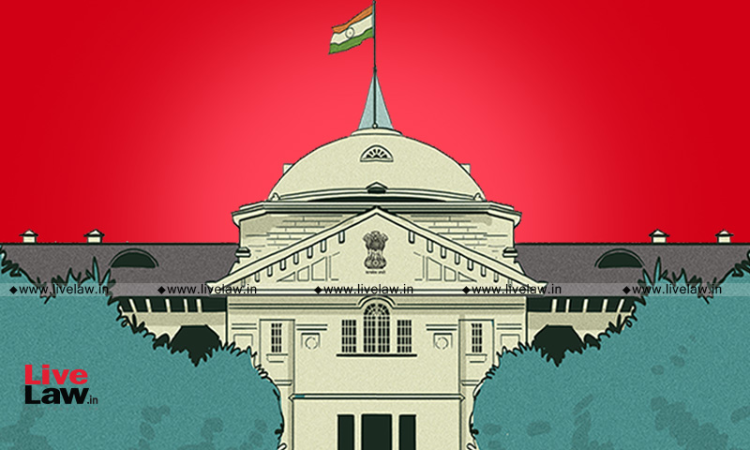Allahabad High Court Orders DNA Test In A Murder Trial To 'Unearth Truthfulness' Of Prosecution's Case
Sparsh Upadhyay
7 Aug 2022 3:26 PM IST

Next Story
7 Aug 2022 3:26 PM IST
In a significant order, the Allahabad High Court has allowed conduct of DNA Test in a murder trial as it noted that the same was in the interets of justice to unearth the truthfulness of the prosecution's case.However, the bench of Justice Gautam Chowdhary did stress that the DNA test should not to be directed as a matter of routine and in only deserving cases where a strong prima facie case...
